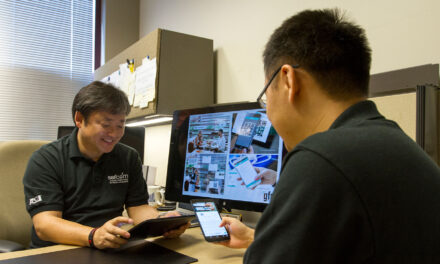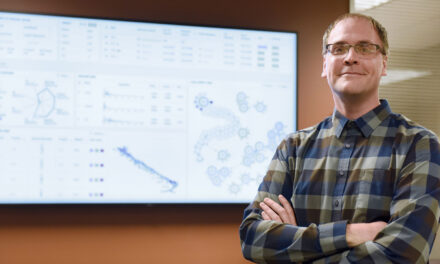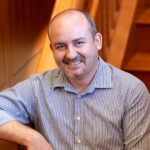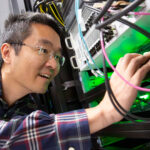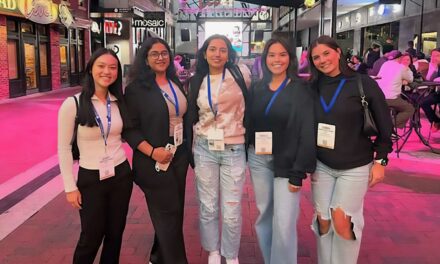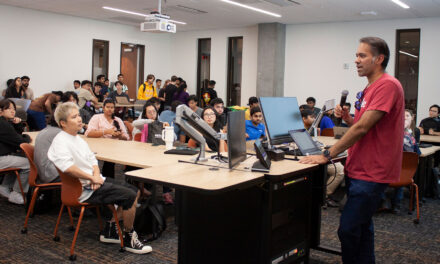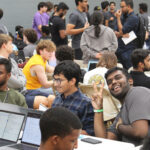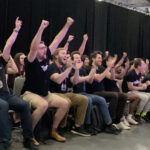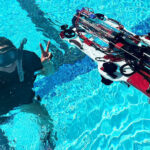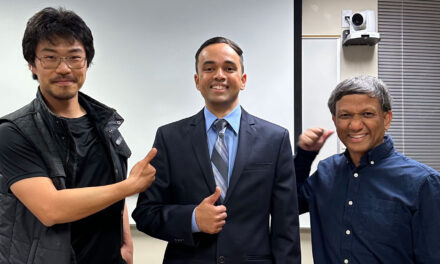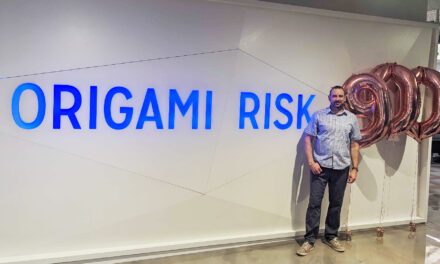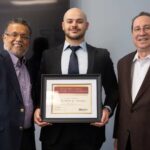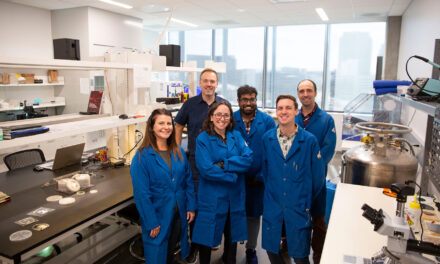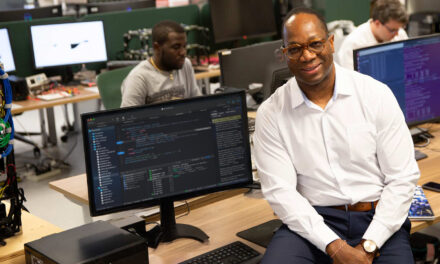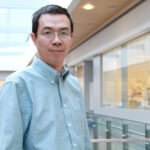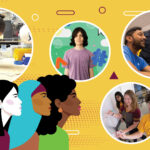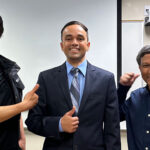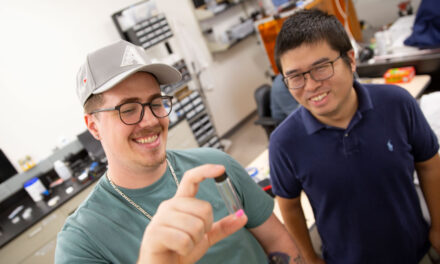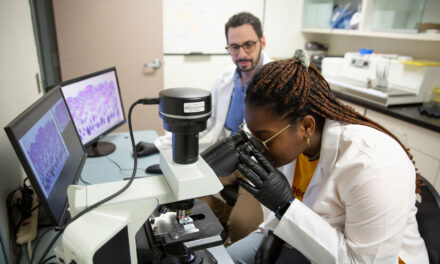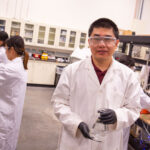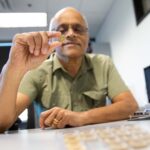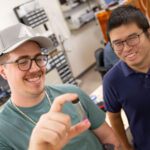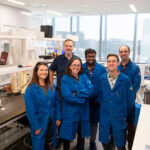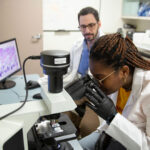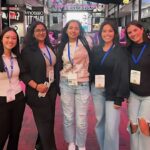
Essential Reading: Illuminating books to learn from and live by
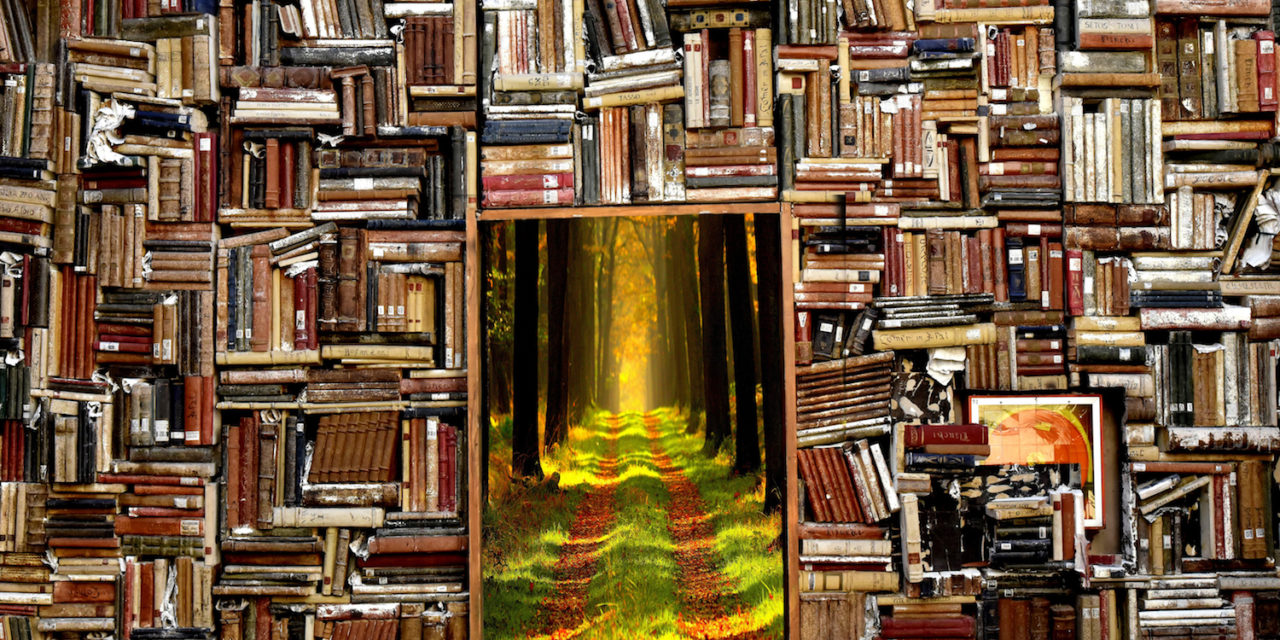
Above: Photo courtesy of Pixabay
We say we can lose ourselves in a good book. But more often, a good book may actually be where we can find ourselves.
The most valuable books open paths to self-discovery where we can find what inspires and motivates us, or what ignites our imagination and creativity.
All good books need not trigger such grand revelations. Sometimes their value is simply in providing sage advice or an interesting diversion from our daily routines.
Each of those kinds of good books can be found here in our seventh annual Essential Reading feature, where Ira A. Fulton Schools of Engineering faculty and staff members recommend books they believe teach many of the lessons engineering students should learn — lessons that can help guide you during your time in college and throughout your career and life afterward.
For more books to explore, there are links at the end to Essential Reading features from previous years.
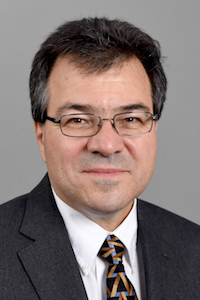
James Abbas
‘‘THE OTHER” BY RYSZARD KAPUŚCIŃSKI
Recommended by James Abbas, associate professor of biomedical engineering in the School of Biological and Health Systems Engineering
Ryszard Kapuściński was a Polish journalist and author who traveled extensively and wrote about the societies and cultures he observed. In this collection of lectures and essays, he reflects on Western society’s relationship with ‘‘The Other,’’ providing a historical and ethical perspective on our struggles in interactions across racial, ethnic, religious, cultural and national boundaries. Kapuściński reminds us that the idea of “The Other” is antithetical to our shared civic notions of justice and opportunity, as well as our shared moral and religious conceptions of humanness and responsibility. His observations are particularly relevant today — especially his reflections on the tensions created by our society’s evolution toward multiculturalism while retaining a sense of nationalism. As engineers, our ability to have a positive impact on an increasingly interconnected world will be strongly influenced by our ability to understand, collaborate with and serve those from other cultures and countries. Kapuściński’s writings can serve as an important reminder of the universality of the human experience and the value of recognizing that shared humanity in our interactions with others.
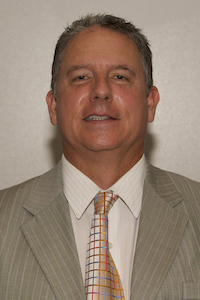
Tom Dempster
“THE LOG FROM THE SEA OF CORTEZ” BY JOHN STEINBECK
Recommended by Thomas Dempster, associate research professor, Arizona Center for Algae Technology and Innovation in the School of Sustainable Engineering and the Built Environment
This fascinating nonfiction work describes an expedition undertaken by the famous writer John Steinbeck and his close friend, biologist Ed Ricketts, in 1940. They embark on a 4,000-mile voyage from Cannery Row in Monterey, California, down the Pacific Coast and into the Sea of Cortez (aka the Gulf of California). Steinbeck does an amazing job chronicling the incredible diversity and abundance of the aquatic and terrestrial wildlife they observed and encountered on their journey. Many of us who have visited Puerto Peñasco (Rocky Point), Mexico, since the time of Steinbeck’s trip can witness the detrimental effect of human impact on the land and sea. For today’s biologists and engineers, this book emphasizes the importance of conducting our careers in a responsible and sustainable fashion. Although areas such as the Sea of Cortez may never be restored to their original splendor, our efforts as scientists, educators and mentors can go a long way to preserve and restore much of the beauty the natural world has to offer.
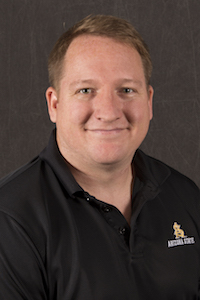
Joshua Loughman
‘‘TECHNICS AND CIVILIZATION” BY LEWIS MUMFORD
Recommended by Joshua Loughman, lecturer and director, Engineering Projects in Community Service, Academic and Student Affairs
Mumford’s classic book about technology and society is an important read for anyone working in technology-related fields. Part history, part philosophy, this wide-ranging text weaves together important aspects of human development with human innovation and explores the intersection of machines and other important domains such as warfare, cities, the environment, agriculture, sports, labor and so much more. For Mumford, the connections between technology and society are inseparable. Technology isn’t something that appears from nowhere, but rather is something that has a history and is shaped by human forces like politics, economics and culture. A modern-day problem-solver must consider how all these dimensions intersect. The lessons in this book are relevant to thinking critically about many contemporary engineered systems — like robotics, synthetic biology, urban design, information technology, energy systems, medicine, transportation and so many more.
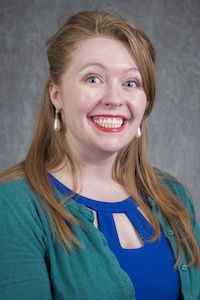
Cortney Loui
“WORK SIMPLY: EMBRACING THE POWER OF YOUR PERSONAL PRODUCTIVITY STYLE” BY CARSON TATE
Recommended by Cortney Loui, student engagement coordinator, Academic and Students Affairs
This is an eye-opening book on how differently — or similarly — each of us approaches our work, our projects and our quest to be highly productive. Many of us try to fit into a mold of how we think we should be working on projects and managing our lives, yet such a one-size-fits-all approach doesn’t actually fit a lot of us. The author, a well-known productivity expert, outlines four broad styles of productivity and provides research-based recommendations on how to maximize the way you think and manage your time so that you can approach your work in ways that will help you live more fully and joyfully.
“THE SUBJECT TONIGHT IS LOVE: 60 WILD AND SWEET POEMS OF HAFIZ” TRANSLATED BY DANIEL LADINSKY
Recommended by Hamid Marvi, assistant professor of mechanical and aerospace engineering in the School for Engineering of Matter, Transport and Energy
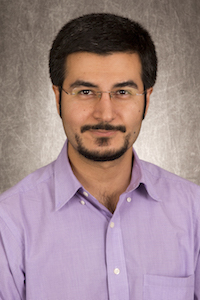
Hamid Marvi
Shamseddin Hafiz was born about 700 years ago in Shiraz, a city in the southern part of Iran. He is one of the most famous of Iranian poets and widely known as a universal and contemporary poet. His poems are in Persian but have been translated into English by Daniel Ladinsky and others. This might seem like an outlier on a list of what engineering students should read, but to me this book is an essential reading! It is a collection of cherished love, wisdom and humor that in the words of Swami Anand Misarg, author of “Gates of Wisdom: The Poems of Hafiz — A New Interpretation,” allows you to “break usual patterns of thought in order to provoke contemplation.” It offers a deeper reflection on life by revealing that:
“There is no empty space.
When your truth forsakes its shyness,
When your fears surrender to your strengths,
You will begin to experience
That all existence
Is a teeming sea of infinite life.”
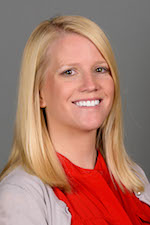
Rebecca Muenich
“THE MAN WHO FED THE WORLD” BY LEON HESSER
Recommended by Rebecca Muenich, assistant professor of civil, environmental and sustainable engineering in the School of Sustainable Engineering and the Built Environment
This is an authorized biography of a man whose name you may have never heard: Norman Borlaug. He is credited with saving billions of lives through his scientific work in agriculture. He won a Nobel Peace Prize in 1970 — among many other accolades for alleviating hunger and famine throughout the world. I recommend this book for two reasons. First, to introduce engineering students to agriculture so they can see the engineering principles involved in food production and understand the importance of agriculture for human well-being. Second, to introduce students to an inspiring person who came from humble beginnings, and who through his dedication to his science and his associated humanitarian efforts, rose to meet incredible scientific challenges to advance humanity. He is living proof that one person can make a difference in the lives of many.
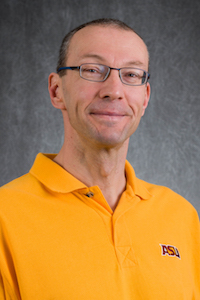
Martin Reisslein
“MULTIMEDIA LEARNING” BY RICHARD MAYER
Recommended by Martin Reisslein, professor of electrical engineering in the School of Electrical, Computer and Energy Engineering
How do humans learn more effectively, and how can we teach more effectively so that students learn better? In “Multimedia Learning,” Richard Mayer presents the outcomes of extensive cognitive psychology research on learning in a relatively easy and accessible manner. He explains how humans receive and cognitively process information through a verbal channel and a pictorial channel. Reading this book will improve your presentation skills and how you consume and comprehend information. With the principles Mayer sets forth, you can more effectively teach newconcepts to yourself and to others.
“CANYONEERING ARIZONA” BY TYLER WILLIAMS
Recommended by Martin Reisslein, professor of electrical engineering in the School of Electrical, Computer and Energy Engineering
What other exciting canyon hikes and trips can you take in Arizona, aside from the Grand Canyon? In “Canyoneering Arizona,” Tyler Williams describes a wide range of canyon trips ranging from those that are easy strolls to others that require technical canyoneering skills. His book offers ideas for going beyond popular local hiking sites like Camelback Mountain and South Mountain. This book introduces great canyoneering destinations that can be found within drives of an hour or so from the Phoenix area.
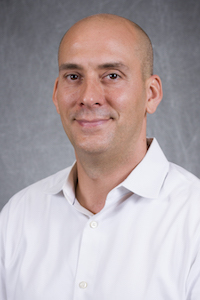
Karl Schultz
“MEDITATIONS” BY MARCUS AURELIUS
Recommended by Karl Schultz, professor of practice and industry liaison for the Capstone eProject program in the Polytechnic School
Before he was the old guy in the movie “Gladiator,” Marcus Aurelius was a real-life emperor of Rome. Despite being the ruler of most of the known world (I know, China, a lot was going on over there, too), Marcus had many of the same questions as most people — primarily about how to understand oneself and one’s role in the universe. In search of answers, he turned to the teachings of Xeno, the first philosopher of the Stoic school. “Meditations” was not intended for publication and is essentially written as a journal, with thoughts and ideas jotted down over time. Aurelius ultimately came to believe that life was short and that our fleeting time on Earth is best spent on focused engagement with those around us. Essentially, that meant enjoying the things that are available to us and accepting the things that are beyond our control. Whenever I feel like my “crazy life” is too much, this book reminds me that many have come before me and many more will come after. Common struggles unite us through the ages.
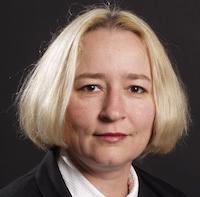
Dragica Vasileska
“THE PLEASURE OF FINDING THINGS OUT” BY RICHARD P. FEYNMAN
Recommended by Dragica Vasileska, professor of electrical engineering in the School of Electrical, Computer and Energy Engineering
This book contains the best short works by Feynman, the most renowned American physicist and a Nobel Prize laureate known for his charismatic persona. Drawn from Feynman’s public talks and lectures, the book addresses his thoughts and questions about computer machines in the future, his experiences working on the Manhattan Project that produced the atomic bomb, and the value of science and its relation to religion, among other topics. For engineers working in the field of nanotechnology, probably the most interesting piece is his famous talk to the American Physical Society at Caltech in 1959, entitled “There’s plenty of room at the bottom.” Feynman is considered by many as the “father of nanotechnology” — decades ahead of his time as he talked about the future of the miniaturization of things. There are also his speculations about 3D architectures, something we currently face as a problem and as a solution for integrated circuit technology. It’s fascinating to read what Feynman thought about many things in science and in life in general.
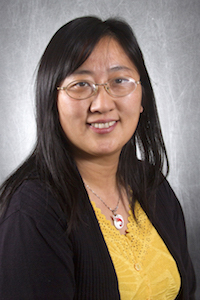
Theresa Wu
“TUESDAYS WITH MORRIE” BY MITCH ALBOM
Recommended by Teresa Wu, professor of industrial engineering in the School of Computing, Informatics, and Decision Systems Engineering
Subtitled “An Old Man, A Young Man, and Life’s Greatest Lesson,” this book was described as “a beautifully written book of great clarity and wisdom that lovingly captures the simplicity beyond life’s complexities” by M. Scott Peck, psychiatrist and author of the best-selling book “The Road Less Traveled.” Albom’s book is a great read for people at many different stages of life. It tells the true story of Morrie, a college professor, and one of his former students, Albom, during the last few weeks of Morrie’s life. They met for 14 consecutive Tuesdays to discuss different topics about life, including family, love, money, culture, marriage, regret, forgiveness and the world we live in, among many others subjects. As a college student, you may find yourself feeling lost as your life gets busier and busier. The sound advice Professor Morrie offers on compassion and life in the pages of this book could help guide you through your own everyday struggles.
Check out Essential Reading book recommendations from past years:


